The Law on Credit Institutions (amended) 2024, which took effect on July 1, has many "blocking points" to prevent cross-ownership and bank manipulation. However, the effectiveness of this depends largely on the actual implementation of the law.
Revealing major shareholders
The Law on Credit Institutions (amended) 2024 has a prominent provision that joint stock banks must disclose information on individuals and organizations owning 1% or more of charter capital; the shareholding ratio of that individual and related persons. At the same time, the shareholding ratio of institutional shareholders is reduced from 15% to 10% of charter capital, the shareholding ratio of shareholders and related persons is reduced from 20% to 15% of charter capital.
The law also clearly stipulates that cases of ownership of shares exceeding the new regulations (ie the ownership ratio before July 1) are still maintained but are not allowed to increase, except in cases of receiving dividends in shares.
According to the reporter of Nguoi Lao Dong Newspaper, up to now, a series of commercial banks including Techcombank, LPBank, OCB, VPBank, HDBank, MSB, Eximbank... have announced information according to the new regulations. In which, Kien Long Bank (Kienlongbank) is the latest name to announce information on shareholders owning 1% or more of charter capital.
Accordingly, there are a total of 22 organizations and individuals holding 1% or more of the bank's charter capital. Notably, in the published list, only Ms. Tran Thi Thu Hang holds a position in the Board of Directors and Executive Board of this bank. Ms. Hang is currently a member of the Board of Directors, and was previously the Chairman of the Board of Directors of Kienlongbank. Ms. Hang currently holds more than 17.24 million shares, equivalent to 4.72% of the bank's charter capital.
Vietnam Technological and Commercial Joint Stock Bank (Techcombank, code TCB) has 13 shareholders, including 6 individuals and 7 organizations holding 1.84 billion TCB shares, equivalent to 52.2% ownership of the bank. According to the list published by Techcombank, 4 foreign funds including the Singapore Government Investment Fund owns more than 1% and Morgan Stanley & Co. International Plc 1.45%, COG Investment I BV and related parties hold 7.9%, Vesta VN Investments BV and related parties hold 7.9%. Masan Group Corporation and related parties hold 15.2% of the bank's capital.
As for individual shareholders, Mr. Ho Hung Anh, Chairman of the Board of Directors of Techcombank, holds more than 1.1% of charter capital. His three children hold nearly 12% of shares...
Vietnam Export Import Bank (Eximbank) has 2 individuals and 3 organizations owning 1% or more of charter capital, including: Gelex Group Corporation (GEX) is currently the largest shareholder of Eximbank, owning 4.9% of charter capital (more than 85.5 million shares). The remaining two institutional shareholders include VIX Securities Corporation, owning 3.58%, and Thang Phuong Corporation, owning 3.07% of capital.
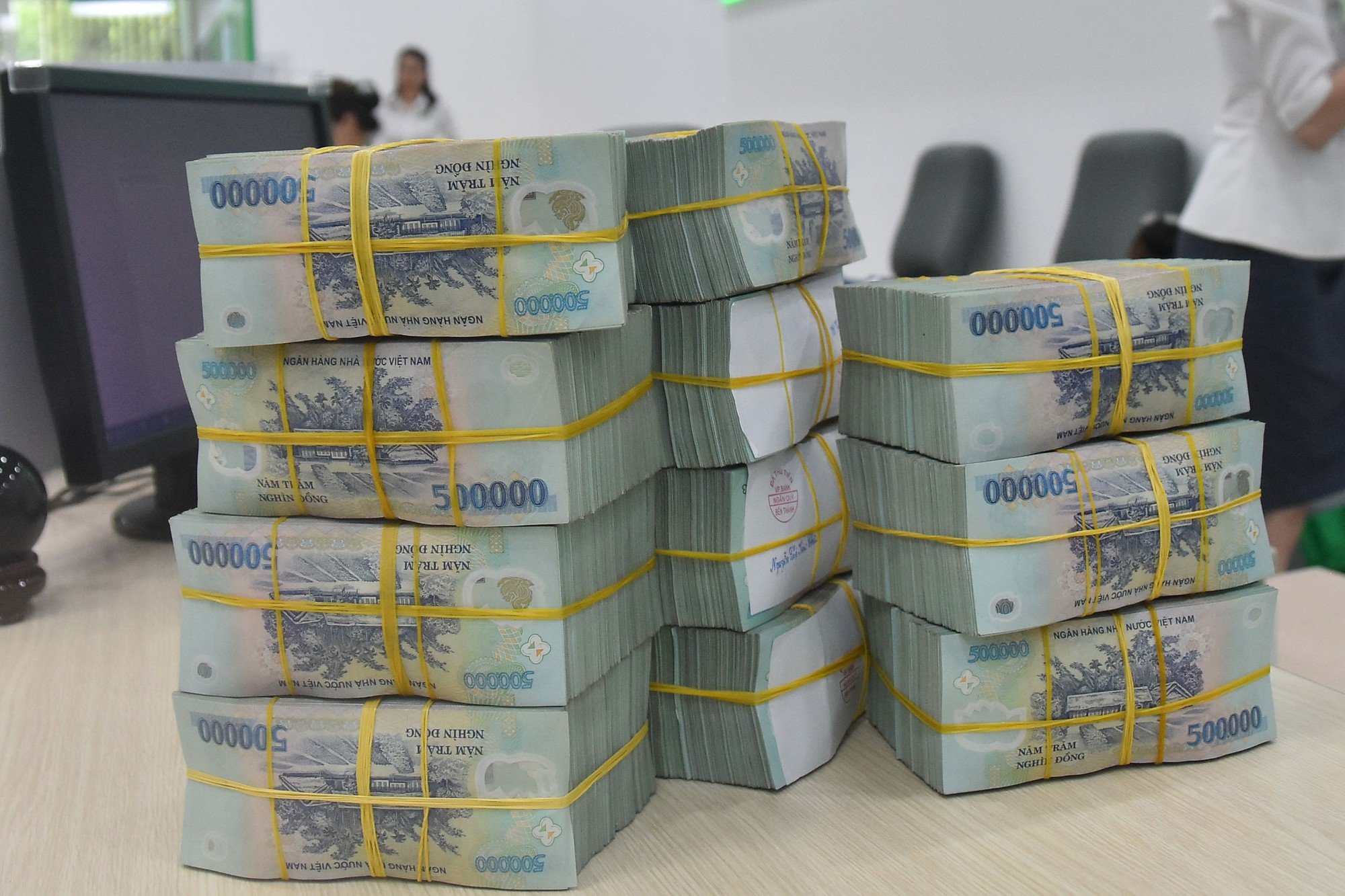
Joint stock banks must disclose information about individuals and organizations owning 1% or more of charter capital. Photo: TAN THANH
Execution is key
Lawyer Le Cao, FDVN Law Firm, commented that the requirement for joint stock banks to provide information on investors owning more than 1% of shares will be more transparent in matters related to both small and large shareholders. This is one of the solutions to limit the activities of groups acquiring banks, better control the relationship of share ownership, and contribute to reducing cross-ownership.
However, the problem is that sometimes the person whose name is on the bank's shares is not necessarily real. Many cases related to banks that have been clarified in the past have shown that the actual ownership ratio compared to the announced ratio is different, the phenomenon of having someone else's name on the bank's shares is still a painful issue. "The Law on Credit Institutions (amended) in 2024 has clear and specific regulations, but to make share ownership transparent and avoid cross-ownership, drastic implementation is needed in the coming time," Mr. Cao emphasized.
Meanwhile, the former head of the board of control of a bank in Ho Chi Minh City said that a recent case involving a large bank showed that only one individual held 5% of the charter capital, but in fact this person was the owner of that bank. Currently, individuals holding a large proportion of shares can divide them into smaller amounts and ask many other people to stand in their names with a proportion of less than 1%. At that time, those who stand in their names do not have to provide information to the bank.
At an appropriate time, the person with the largest number of shares will connect the people who are in their names and then elect a representative with 10% of the shares to be elected as a member of the Board of Directors. This can lead to bank manipulation, especially in the credit granting activities for individuals and organizations with close relationships.
According to lawyer Truong Thanh Duc, Arbitrator of the Vietnam International Arbitration Center (VIAC), there are signs that cross-ownership of banks has decreased significantly, especially after the SCB case. However, bank manipulation is still widespread.
According to Mr. Duc, the law has been regulated quite strictly and of course will fundamentally resolve the legal aspect. But the decisive factor lies in the implementation stage. If the law continues to go one way and the reality goes another way, not only will it not be eliminated, but there will also be a greater risk of cross-ownership and bank monopoly.
"Legal regulations on share ownership ratios only meet 50% of the requirements for limiting cross-ownership and bank manipulation. The rest depends on related regulations, especially law enforcement by shareholders, banks and many authorities," said Mr. Duc.
To ensure the effectiveness of the implementation of regulations on bank shares, financial expert Dr. Nguyen Tri Hieu recommends that the Government strengthen the direction of inspection and supervision of banks, including increasing exchanges and coordination of management between ministries and branches, especially the investigation work of the police to promptly detect acts of intentionally "circumventing" regulations on share ownership, related persons or determining the relationships between major shareholders of banks and "backyard" enterprises. Then, the situation of cross-ownership and bank monopoly will be limited to the lowest level.
On the other hand, according to Mr. Hieu, the State Bank needs to consider strong penalties if it is discovered that the bank is assisting shareholders in cheating on their share ownership ratios. Agreeing with Mr. Hieu, Lawyer Truong Thanh Duc expressed the view that it is necessary to change the regulations on handling violations such as imposing heavy administrative and criminal penalties, not excluding the confiscation of shares exceeding the limit.
Identify risks clearly
In a report sent to the National Assembly regarding the recent questioning activities, the State Bank said that in recent years it has continued to improve the legal basis and resolutely implemented solutions to prevent and handle share ownership exceeding the prescribed limit, cross-ownership, lending, and investment in violation of regulations, along with the restructuring of credit institutions.
However, controlling cross-ownership between non-industry companies and banks is very difficult in cases where major shareholders and their relatives intentionally conceal or ask other individuals/organizations to register their shares in order to circumvent legal regulations. This can lead to credit institutions being controlled by these shareholders, potentially leading to a lack of transparency in their operations.
Source: https://nld.com.vn/them-giai-phap-ngan-thao-tung-ngan-hang-196240805211346.htm




![[Photo] Prime Minister Pham Minh Chinh chairs meeting to discuss tax solutions for Vietnam's import and export goods](https://vstatic.vietnam.vn/vietnam/resource/IMAGE/2025/4/10/19b9ed81ca2940b79fb8a0b9ccef539a)

![[Photo] Unique folk games at Chuong Village Festival](https://vstatic.vietnam.vn/vietnam/resource/IMAGE/2025/4/10/cff805a06fdd443b9474c017f98075a4)

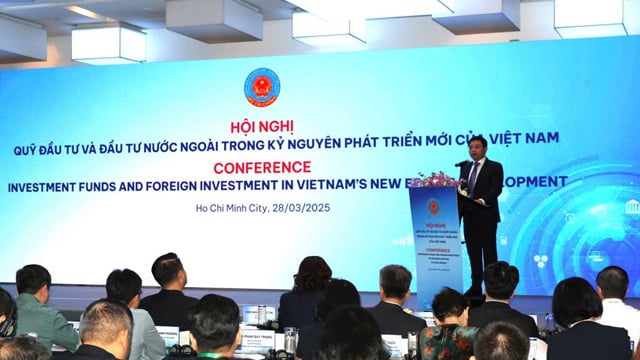




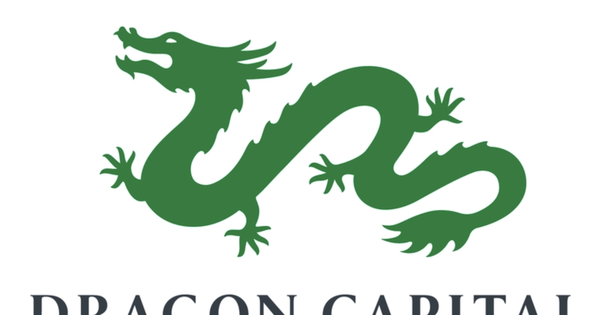
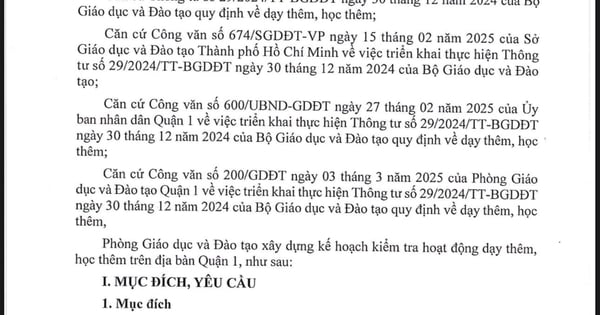


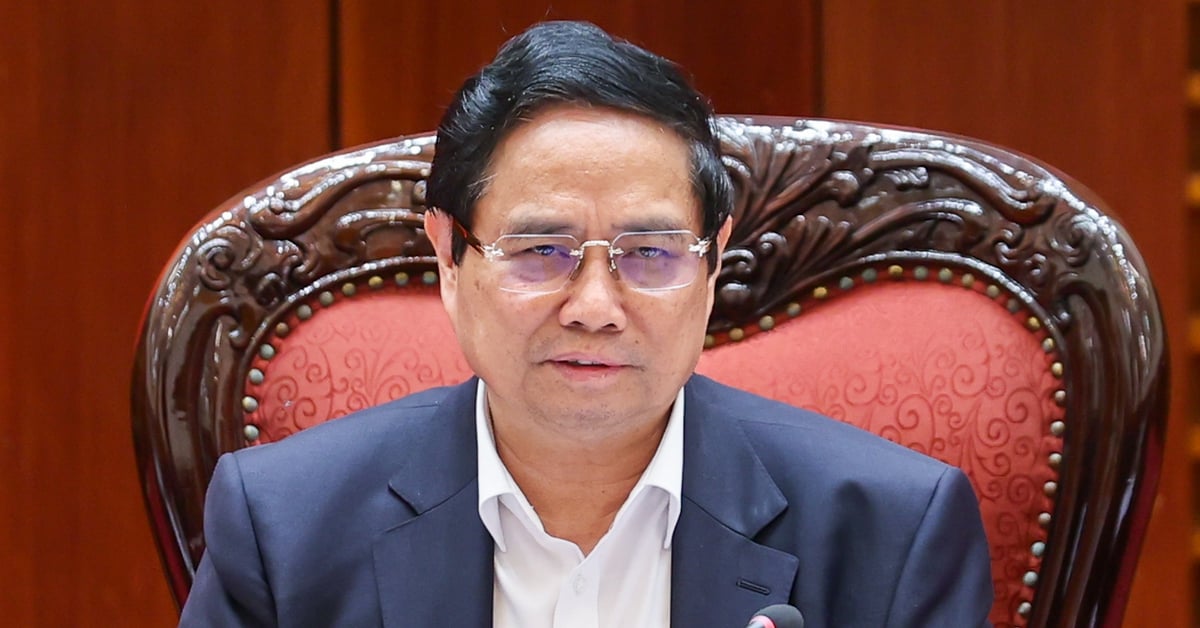
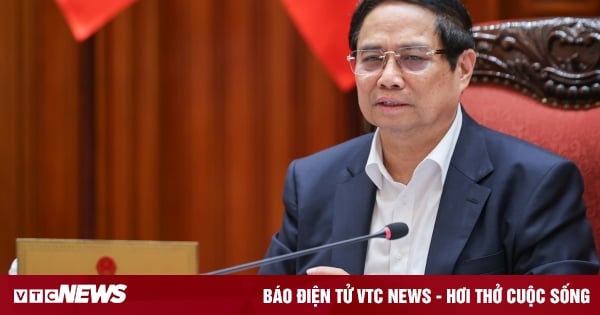

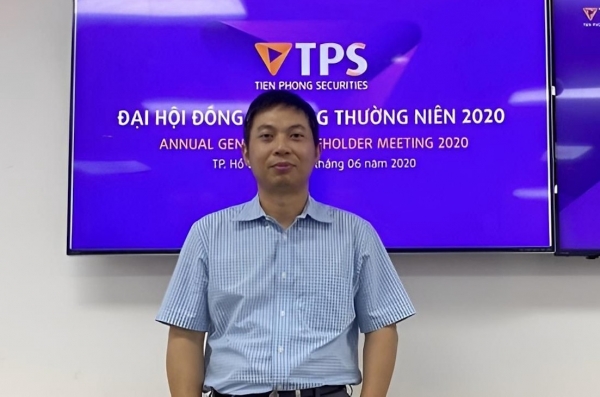
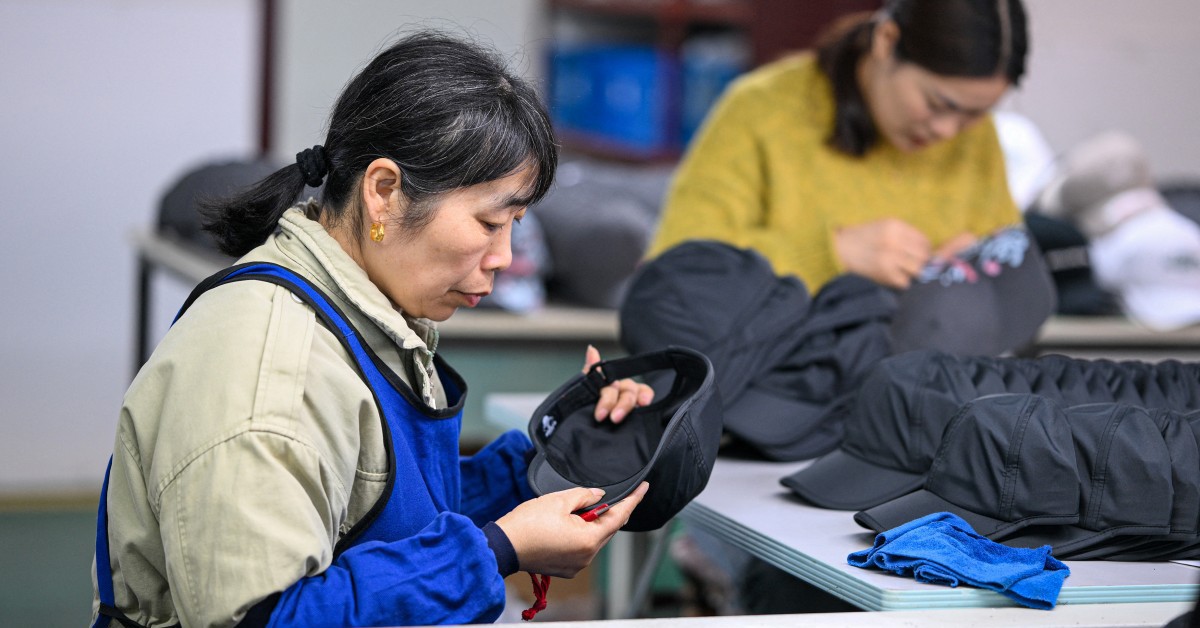




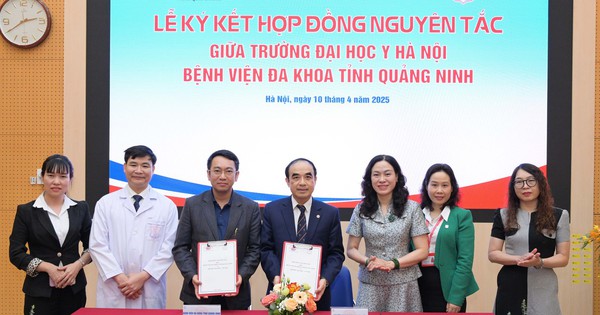


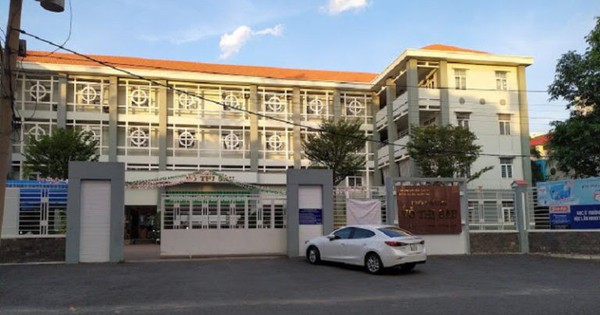
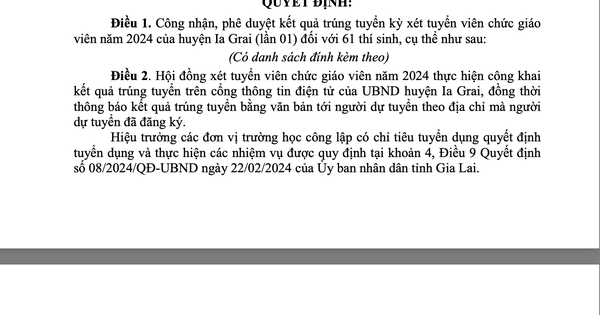



















































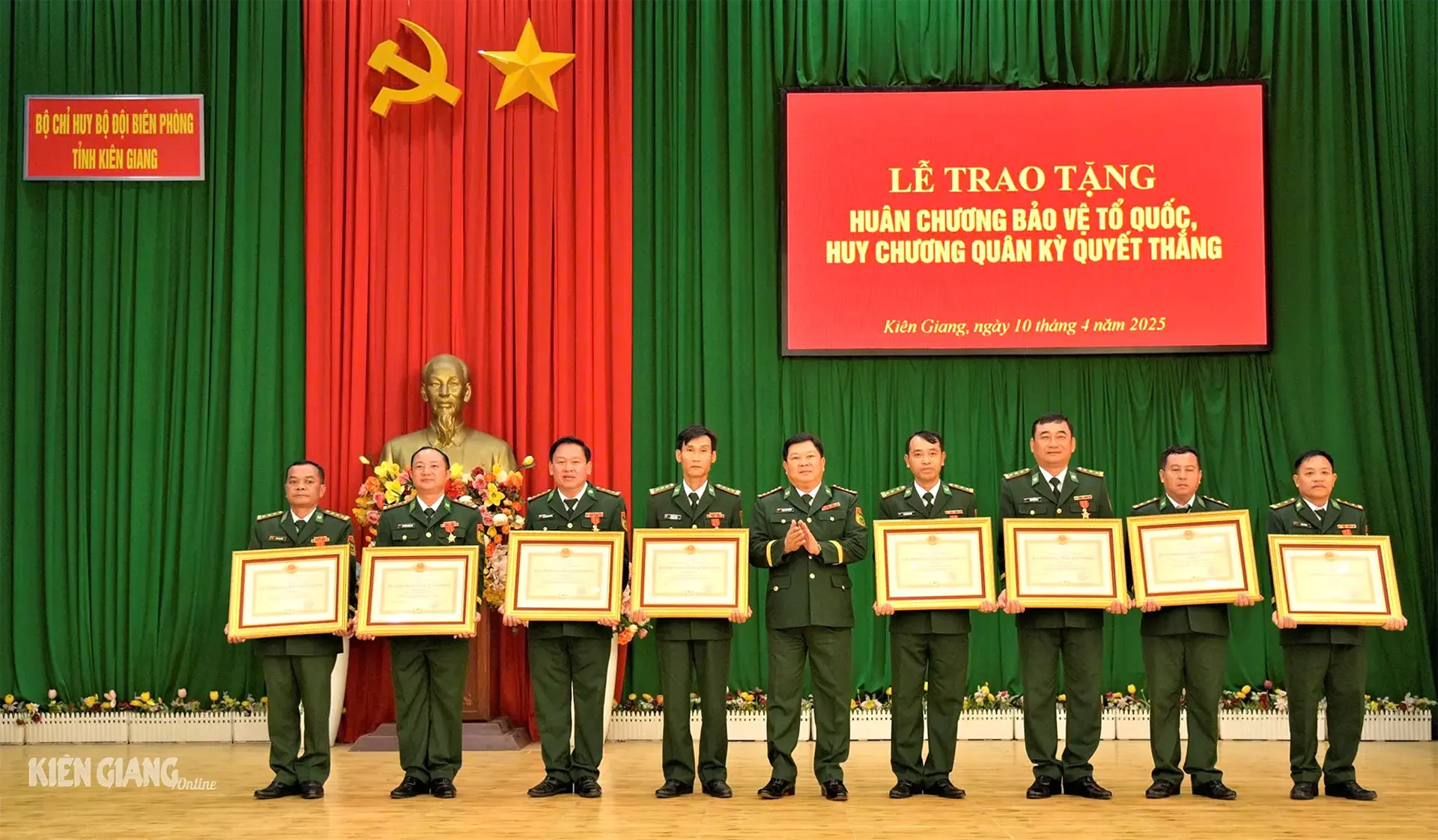














Comment (0)